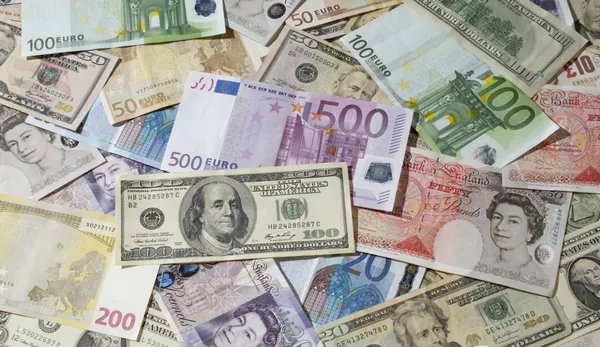In the realm of international trade and finance, currency exchange rates play a pivotal role in facilitating transactions and determining the value of currencies relative to one another. The exchange rate between two currencies represents the amount of one currency required to purchase one unit of another currency. Fluctuations in exchange rates can have a significant impact on the cost of goods, services, and investments across borders.
The Euro and the Pound Sterling
The euro (EUR) and the pound sterling (GBP) are two of the most widely traded currencies in the world, with the euro being the official currency of the European Union and the pound sterling being the currency of the United Kingdom. The exchange rate between these two currencies is constantly fluctuating due to a variety of factors, including economic conditions, interest rates, political developments, and market sentiment.
Calculating the Value of 50 Euros in Pounds
As of today’s exchange rate, 50 euros is equivalent to approximately 42.81 British pounds. However, it is important to note that exchange rates can change rapidly and it is always advisable to check the latest rates before making a currency exchange.
How to Convert Euros to Pounds
There are several ways to convert euros to pounds, including:
Currency Exchanges: Currency exchanges are physical locations where you can exchange currency in person. They typically offer competitive exchange rates but may charge a small fee for their services.
Online Currency Brokers: Online currency brokers allow you to convert currency online, often with lower fees than currency exchanges. They typically offer a range of exchange rates to choose from.
Banks: Banks offer currency exchange services, but their rates may not be as competitive as currency exchanges or online brokers.
Factors Affecting Currency Exchange Rates
Several factors can influence the exchange rate between the euro and the pound sterling, including:
Economic Growth: Strong economic growth in one country relative to another can lead to an appreciation of its currency.
See Also:Current EUR Exchange Rate: What is 100 EUR to CHF?
Interest Rates: Higher interest rates in one country can attract foreign investment, leading to an appreciation of its currency.
Political Stability: Political uncertainty or instability can lead to a depreciation of a currency.
Market Sentiment: Market expectations and speculation can also impact exchange rates.
Impact of Currency Exchange Rates
Fluctuations in currency exchange rates can have a significant impact on businesses, individuals, and the economy as a whole. For example:
Businesses: Changes in exchange rates can affect the cost of imported goods and services, as well as the revenue generated from exports.
Individuals: Fluctuations in exchange rates can impact the value of investments and savings held in different currencies.
Economy: Exchange rates can influence inflation, economic growth, and trade balances.
Monitoring Currency Exchange Rates
It is important to monitor currency exchange rates regularly to stay informed about their fluctuations and potential impact. Several websites and smartphone apps provide real-time and historical exchange rate data.
Conclusion
The exchange rate between the euro and the pound sterling is constantly changing and influenced by a variety of factors. Understanding the principles of currency exchange and monitoring exchange rates is essential for businesses, individuals, and anyone involved in international transactions. By staying informed, you can make informed decisions about currency conversions and mitigate the risks associated with exchange rate fluctuations.
Related Topics:
Current EUR Exchange Rate: What is 1000 EUR in CHF?
Current EUR Exchange Rate: What is 40 Euros in US Dollars?
Current EUR Exchange Rate: What Is 120 Euros in Pounds?


























